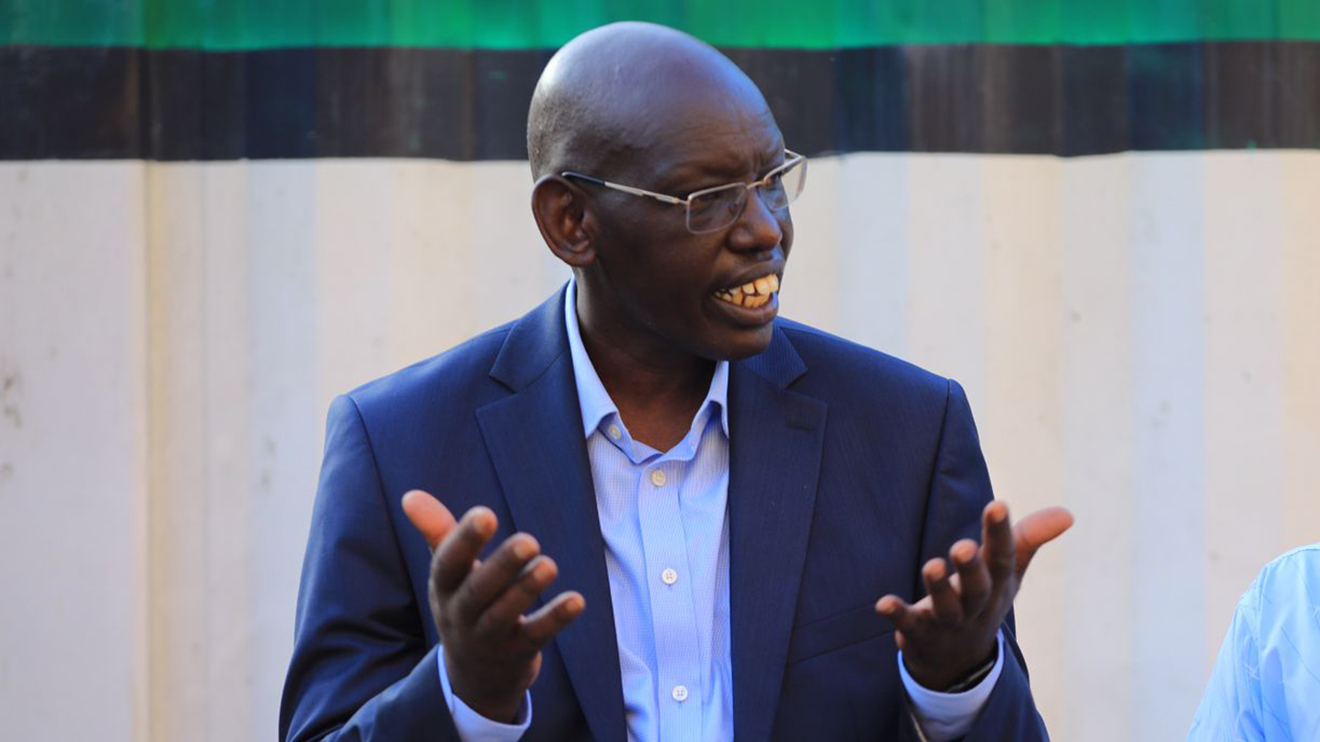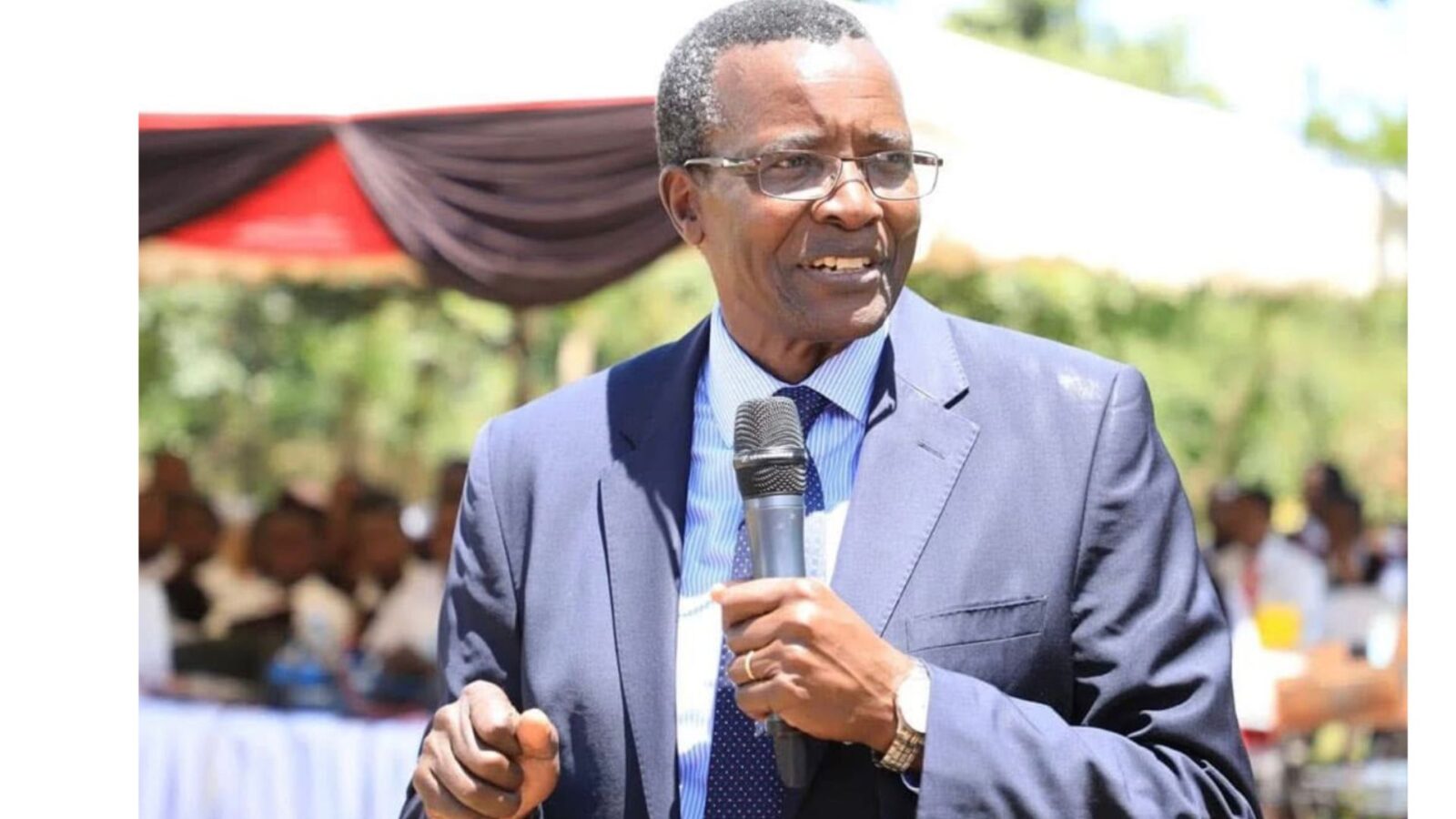Immigration Principal Secretary Dr. Belio Kipsang has defended the government’s spending on the eCitizen platform, saying the charges are necessary to keep the system running smoothly and support the country’s digital transformation agenda.
Speaking during an interview on NTV’s Fixing the Nation program on September 9, Dr. Kipsang revealed that the government spends between Ksh.115 million and Ksh.120 million monthly to maintain the portal.
The payments go to ECS (Electronic Citizen Services) LLC, a consortium of three firms contracted to manage the platform. Collectively, the firms pocket about Ksh.1.1 billion annually.
According to the PS, the charges are guided by a band system agreement signed in 2023 when the government acquired the platform.
The agreement stipulates fixed costs for a set number of services, with incremental charges as more services are onboarded. Today, eCitizen hosts 22,000 services, from licensing to registration and payments.
Dr. Kipsang emphasized that the “convenience fee” charged on transactions is strictly for system maintenance and to “facilitate the smooth day-to-day running of the platform.” He disclosed that more than 14 million Kenyans are registered on eCitizen, with half a million visits daily.
The PS insisted that the platform has been a game-changer, mobilizing between Ksh.750 million and Ksh.1 billion in government revenues each day, compared to just Ksh.60 million before digitization.
“All funds from eCitizen go to the Treasury,” he said, dismissing claims of mismanagement.
His remarks come against the backdrop of concerns raised by Auditor-General Nancy Gathungu, whose office flagged over Ksh.9.6 billion in questionable transactions last month.
She pointed to Ksh.7.05 billion lying idle and another Ksh.2.57 billion in receipts unlinked to invoices in the Pesaflow system. Last year, her office also flagged unverified receipts worth Ksh.15.5 billion.
Dr. Kipsang downplayed the concerns, describing them as a “documentation problem,” and insisted “every penny is accounted for.”
The platform, however, has not been free of controversy. Recent attempts by the government to channel all payments through eCitizen, including school fees and forest entry charges, have been met with resistance.
In April, the High Court declared the directive to pay school fees through eCitizen unconstitutional, citing lack of public participation and an unlawful Ksh.50 transaction fee.
Still, the PS defended the decision to use the 222 222 paybill number as the “most convenient and transparent way” of managing payments.
For now, the Directorate of eCitizen Services continues to oversee the portal, while ECS, comprising Webmasters Kenya Limited, Pesaflow, and Olive Tree Media, maintains the system under a three-year contract.
Dr. Kipsang maintains that the benefits outweigh the costs: “We are collecting billions for government services every year, compared to just over Ksh.1.1 billion in operating costs.”












